How AI Music is Changing the Way We Listen to Songs
Discover how AI music technology is transforming listening experiences...
Robert
·
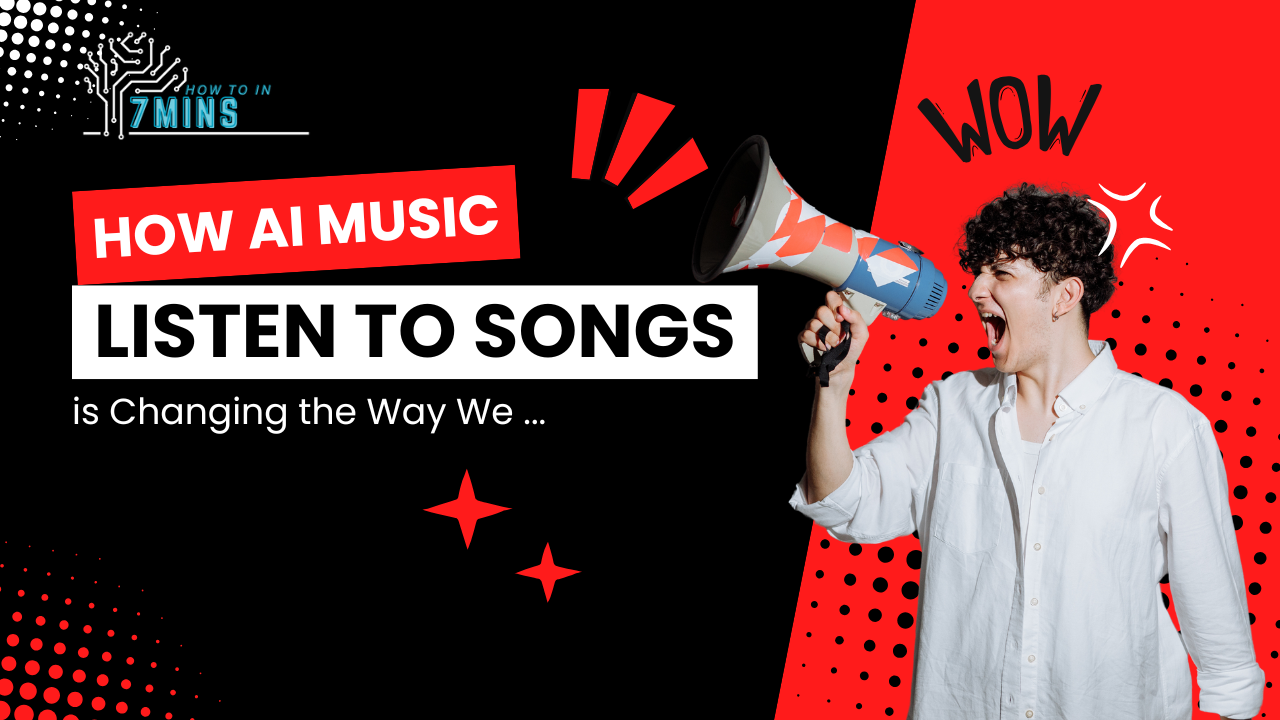
The emergence of AI in music is transforming our listening and songwriting experiences. With innovative tools, individuals can tailor music swiftly and effortlessly. This technology enables artists to create original sounds without concerns about copyright challenges. AI-generated music opens up limitless possibilities, providing enjoyment for both content creators and musicians. As we examine how AI is reshaping the music experience, we will observe its impact on creativity and ownership within the music industry.
How to Create AI Music
Benefits of Using Music in Education
Students can gain enhanced cognitive abilities through active participation in music education. An AI music generator can aid this process by allowing learners to create unique music compositions, such as jingles or background scores, by using advanced technology like Suno v3.5. This music generation process encourages deep learning and offers creative freedom, which promotes independent thinking.
In collaborative settings, students can use a music generator to work together on projects, helping to improve their social skills as they communicate their ideas while producing professional music or game soundtracks. Additionally, music can boost emotional well-being; students often feel more motivated and engaged when they create their own music compositions using tools that allow extensive customization and high-quality output. The ability to generate royalty-free music with no watermarking ensures that students can share and enjoy their work without concerns.
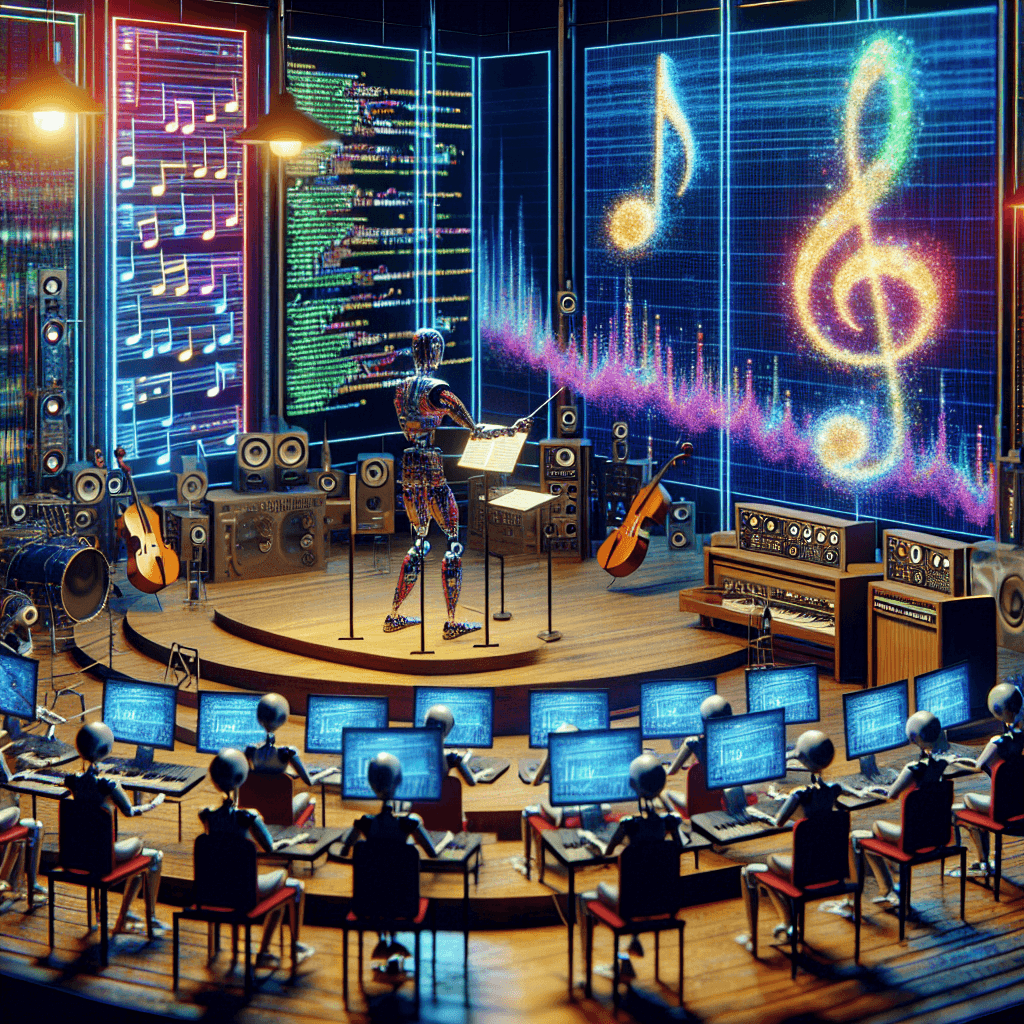
Incorporating AI Music in the Classroom
Writing Prompts Inspired by AI Music
Students can explore various creative themes through writing prompts inspired by AI-generated music. They might examine emotions expressed in compositions created using deep learning, particularly through an AI music generator like brev.ai that employs suno v3.5 technology.
For example, a piece with a male voice might stir feelings of nostalgia, leading students to craft stories about cherished memories.
Additionally, the rhythms and structures of music generation can enhance storytelling by providing a unique backdrop for character development. Students can draw from the tempo and dynamics of royalty-free music as templates, developing plotlines that reflect the highs and lows of the audio quality. This combination of music and writing prompts encourages interdisciplinary learning, stimulating creative freedom by allowing students to compose jingles or background scores for their narratives.
They may also incorporate elements from game soundtracks or hip hop, exploring extensive customization in their projects. This approach nurtures high-quality output and engages students in both music production and effective writing techniques.
Exploring Various AI Music Tools
When choosing AI music tools for classroom use, teachers may want to think about features like high-quality output and extensive customization options. Tools employing advanced music generation technology can help create unique compositions based on user input. These resources allow students to explore music production, giving them opportunities to make jingles, background scores, and hip hop tracks.
AI music generators can boost creativity and engagement in music projects by enabling students to convert text into music, fostering innovative compositions. They can also produce professional music for soundtracks or other purposes while avoiding copyright issues, as many of these tools provide royalty-free options. In educational settings, platforms like brev.ai demonstrate successful applications by allowing students to practice music education while creating original tracks without watermarking.
The overall audio quality and male voice features enrich the learning experience and encourage creative freedom.
Literature-Inspired AI Music
Literature inspires AI music generation by allowing unique music compositions to emerge from themes and narratives found in literary works. For instance, users can input text to create music compositions that reflect character emotions or story arcs, using advanced music generator technologies like suno v3.5.
Educators can incorporate these AI-generated jingles and background scores into lessons, enhancing students' engagement with literature through music education while also fostering creativity. Challenges may arise as composers strive to blend deep learning algorithms with literary themes, often requiring extensive customization to respect the source material's essence. By focusing on user input and experimenting with different genres, like hip hop or game soundtracks, they can create high-quality output that resonates with the narratives.
Additionally, ensuring audio quality and avoiding watermarking in royalty-free music allows for professional music production, giving artists and educators alike creative freedom within their projects.
Composing Music to Describe Historical Events
Composers can evoke emotions tied to historical events by using tools like an AI music generator. For example, the music generator can create unique compositions reflecting the mood of an event, such as somber strings for battles or lively brass for celebrations. With suno v3.5 technology, composers can achieve high-quality output, enhancing the sound of their pieces. Different genres, like hip hop for modern events or classical for historical themes, allow for extensive customization that showcases cultural perspectives.
Engaging listeners involves crafting jingles or background scores that include user input to deepen the connection to the story, ensuring music production relates to the historical narrative. Techniques like deep learning can help create music that not only informs but also captivates audiences. Royalty-free music with proper watermarking ensures composers retain creative freedom while enabling them to share their music widely.
This blend of audio quality and professional music elements can bring history to life, like game soundtracks that immerse players in various eras.
Creating Background Music for Learning Activities
When choosing background music for learning activities, educators should consider how the genre and tempo influence student engagement and retention. An AI music generator can assist in creating unique music tailored to specific learning objectives. For instance, calming background scores or jazzy jingles may enhance focus during reading or writing. Similarly, upbeat hip hop tracks can motivate students during creative projects.
To align with emotional and cognitive goals, teachers can access platforms like brev.ai, which employ suno v3.5 technology for professional music generation. By inputting themes or moods, they can create royalty-free music or specific compositions that fit the classroom environment. The audio quality should also be a priority, ensuring high-quality output.
Additionally, educators can apply deep learning techniques from music technology for extensive customization, allowing for tailored transitions or subtle tempo shifts to match the pace of activities. This method fosters creative freedom, helping students concentrate better while promoting a productive atmosphere in various educational tasks.
Integrating STEM with AI Music
Educators can integrate STEM concepts using AI music projects by adopting strategies such as hands-on activities and open-ended tasks that encourage students to experiment with music generation.
For example, using an AI music generator like brev.ai enables students to create unique music compositions. By exploring suno v3.5 technology, they can understand deep learning fundamentals, enhancing their comprehension of both technology and music production. Incorporating an AI music generator allows students to convert text to music, fostering creativity while demonstrating how user input can affect sound quality.
Additionally, projects can include creating jingles or background scores for games, with extensive customization options available. This hands-on approach boosts understanding of audio quality and music composition principles. Interdisciplinary methods promote creative freedom, develop analytical thinking, and inspire collaboration, as students work on professional music projects. With tools offering royalty-free music and high-quality output, such as hip hop elements, students learn to balance artistic expression with technical skills, leading to a richer appreciation for STEM and the arts.
Using Music as a Reflective Tool in Education
Educators can effectively employ an AI music generator to create unique music compositions that encourage reflective thinking among students. By incorporating music into lessons, such as background scores or jingles, teachers enhance emotional and cognitive engagement during reflective activities. Students can express feelings inspired by their favorite genres, whether it’s hip hop or classical, while accessing tools like brev.ai or suno v3.5 technology for music generation.
Music production becomes interactive, allowing user input to guide song creation. This customization results in high-quality output, ideal for reflective writing prompts. Teachers might pair a professional music piece with a specific topic to deepen learning experiences, encouraging students to articulate thoughts triggered by the audio quality. The use of royalty-free music ensures students can freely explore their creativity without worrying about copyright issues or watermarking.
By integrating music technologyinto education, students gain creative freedom, making lessons more engaging while developing their skills in reflection and analysis.
Stay Connected with AI in Education
Get Featured on Class Tech Tips
Class Tech Tips values educational tools that enhance music education and creativity, such as AI music generators. These tools, like those based on suno v3.5 technology, allow users to create unique music compositions through text to music features. They often produce high-quality output with extensive customization, making them suitable for various needs, from jingles to game soundtracks.
For creators or educators interested in getting featured, they can submit their work by visiting the website and following the guidelines provided. Class Tech Tips evaluates submissions based on factors like innovation, audio quality, user input, and sound quality. Tools offering insights into music production and creative freedom, along with royalty-free music options without watermarking, gain more attention.
Examples include music generators that effectively implement deep learning for generating professional-grade music, including hip hop and background scores, ensuring excellent experiences forboth educators and students.
Tech Planning for the School Year
Educators should consider integrating an AI music generator into their curriculum, as it allows for music creation using technology like suno v3.5. This tool can help students generate unique music compositions, including jingles and background scores, while ensuring high audio quality. They can explore music generation through user input, transforming text to music with deep learning algorithms for exciting classroom projects.
To evaluate current technology tools, educators can assess how these resources enhance music education and align with teaching goals, focusing on sound quality and extensive customization options. Professional development strategies may include workshops on music production using AI, promoting creative freedom in creating hip hop and game soundtracks. Offering training sessions around royalty-free music, which avoids watermarking, ensures staff feel confident in using new tools.
By engaging in these practices, schools can enhance their technology integration, fostering a rich learning environment in music education.
Subscribe to EdTech Updates
Subscribing to EdTech Updates provides educators with insights on the latest advancements in music technology, including AI music generators like brev.ai and suno v3.5 technology. This service offers information about free online resources that help create unique music compositions using text to music features. Subscribers can expect updates regularly, ensuring they stay informed about new tools that enhance music education, such as those that use deep learning for high-quality output.
This canbenefit educators by offering extensive customization options for music production, allowing them to create jingles, background scores, and game soundtracks suitable for various teaching environments. With access to resources that facilitate the generation of royalty-free music without watermarking, educators gain the creative freedom to craft professional music for class projects.
FAQ
How is AI music technology transforming the way we discover new songs?
AI music technology enhances song discovery by analyzing listening habits, recommending personalized playlists, and curating radio stations. Services like Spotify and Apple Music use algorithms to suggest new tracks, while platforms like SoundCloud leverage AI to promote emerging artists based on user preferences and trends.
In what ways does AI personalize music recommendations for listeners?
AI personalizes music recommendations by analyzing listener behavior, such as previous plays, skips, and likes. For example, Spotify uses algorithms to create personalized playlists like "Discover Weekly" based on your listening history and similar artists, while Apple Music curates suggestions based on user preferences and trending tracks.
What impact does AI have on the creation and production of music?
AI enhances music creation by generating melodies, harmonies, and lyrics, allowing artists to experiment with new styles. Tools like AIVA can compose original scores, while platforms like LANDR offer AI-driven mastering services, streamlining production and enabling musicians to focus on creativity.
How are artists using AI to enhance their music and connect with audiences?
Artists are using AI to generate unique sounds, analyze audience preferences, and create personalized music experiences. For example, musicians like Taryn Southern collaborate with AI to compose songs, while platforms like Amper Music help artists produce tracks quickly, enhancing creativity and engagement with fans.
What are the ethical considerations surrounding the use of AI in music creation and consumption?
Ethical considerations include copyright issues, ensuring fair compensation for artists, and maintaining authenticity. Use AI responsibly by crediting human creators, obtaining licenses for sampled works, and promoting diverse voices in AI-generated music to prevent cultural appropriation.
More Posts
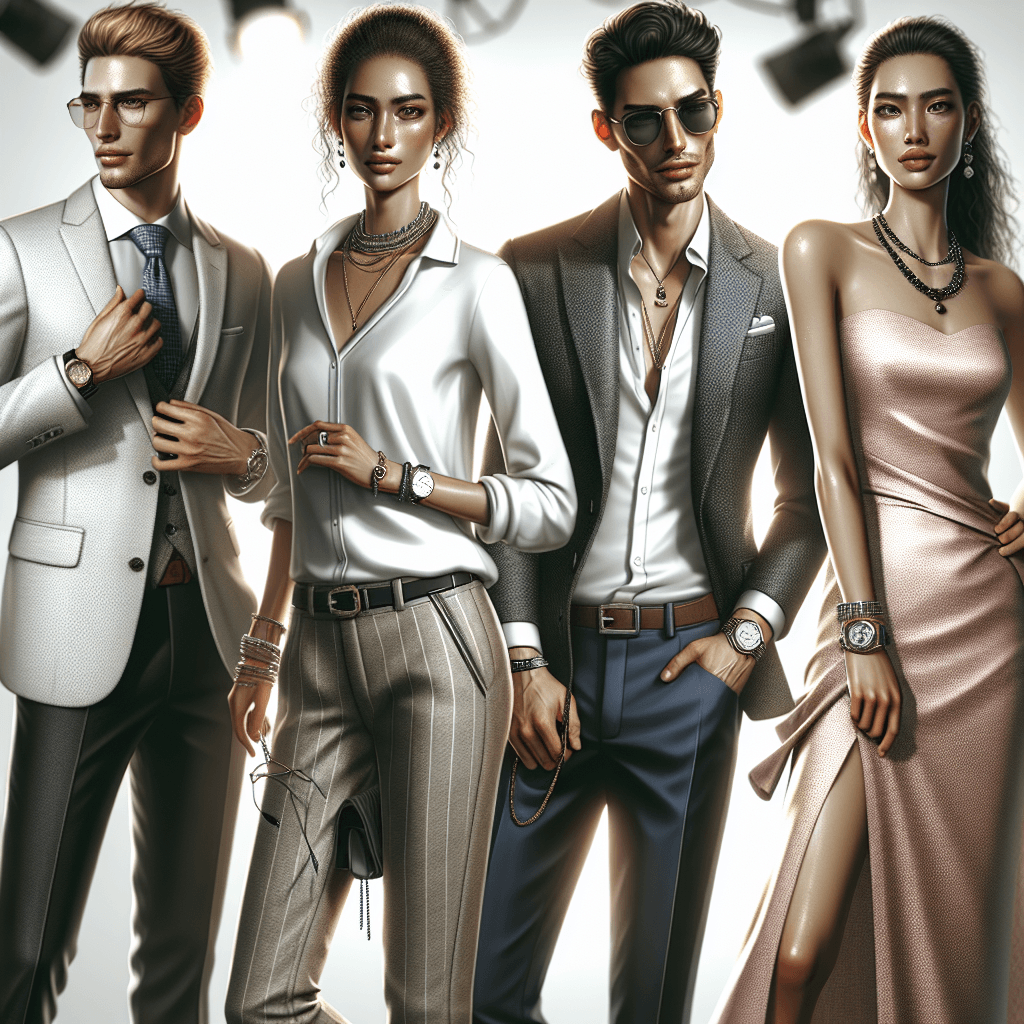
AI Lookbook for Festive Events: Ideas and Inspiration
Discover creative AI-generated lookbook ideas for festive events
Robert
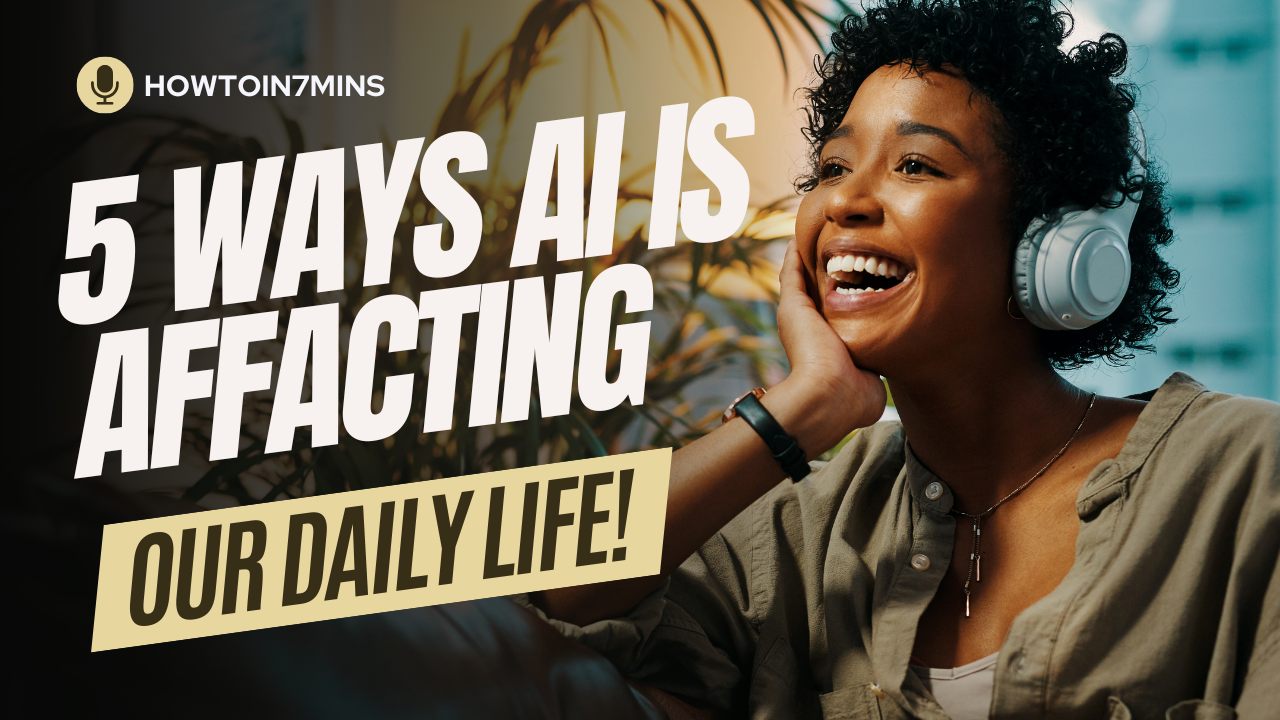
5 Ways AI is Affacting Our Daily Life
Artificial Intelligence (AI) is seamlessly intertwined with our daily routines...
Robert
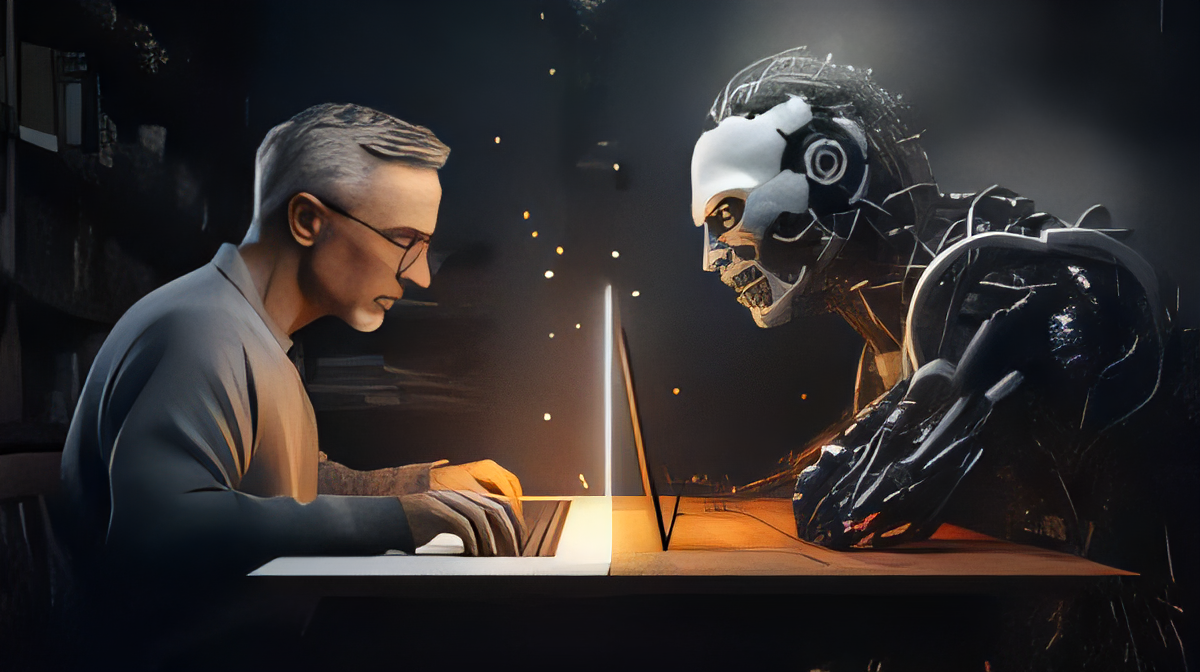
AI vs Human Content Creation: Who Does It Better?
The comparison between AI-generated and human-generated content, highlighting their respective advantages.
Robert